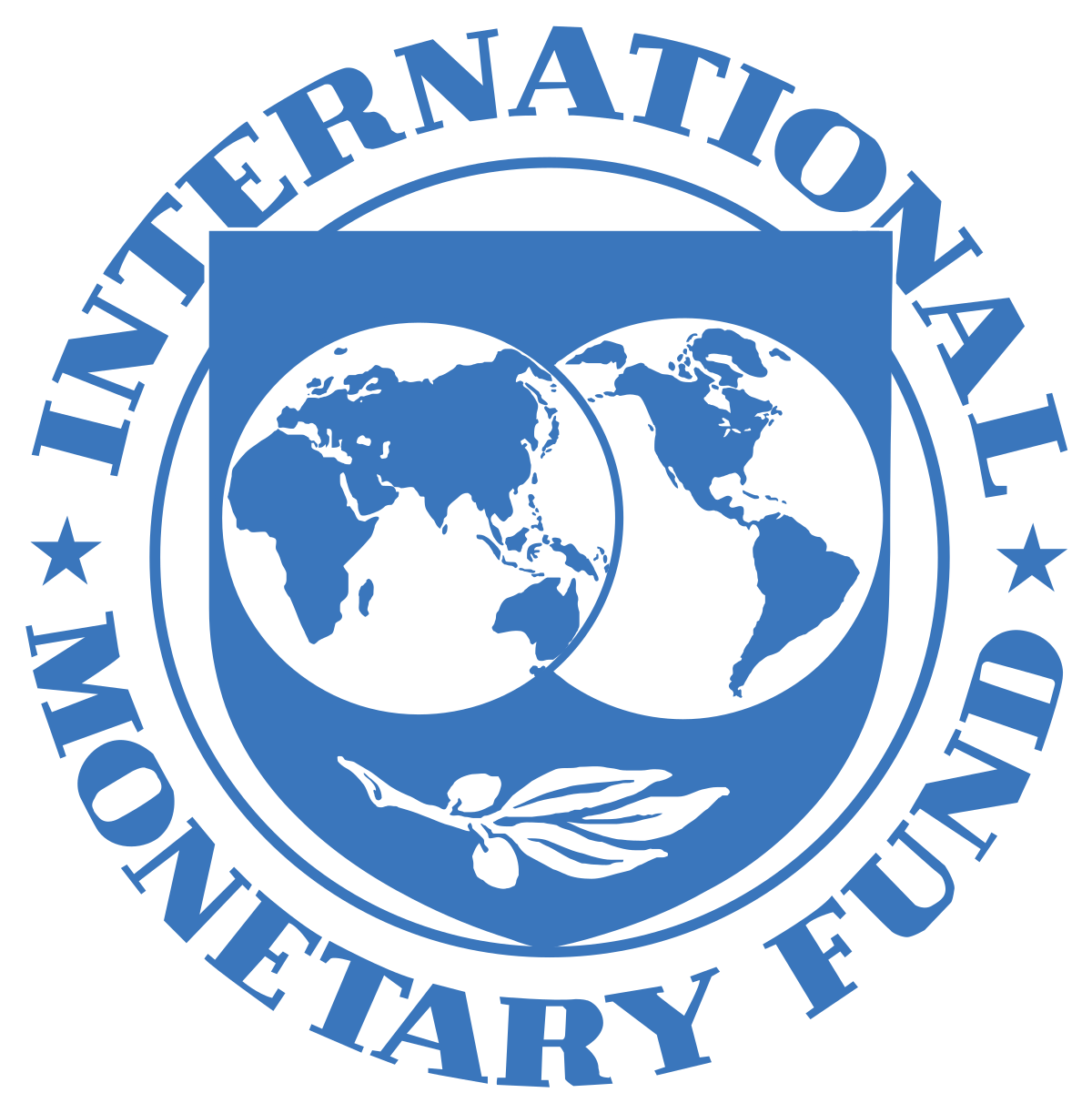
The Pakistani state may believe that Finance Minister Ishaq Dar has crafted the perfect budget, but the International Monetary Fund (IMF) has a very different take. This is not the first, and will certainly not be the last time, when Pakistan chooses to deliberately poke a finger at the international financial institution.
However, Islamabad and Rawalpindi would do well to remember that this is not the 1980s or 1990s and while no one wants a nuclear-armed country to default, that may just happen if Pakistan’s leaders refuse to abide by global concerns.
The current bailout program ends on June 30, and it looks increasingly likely that Pakistan will not get the final tranche of $2.4 billion that is remaining. In a stringent criticism, the IMF called out the budget on multiple counts, ranging from unfair tax policies that “missed an opportunity to broaden the tax base”, to tax amnesty for a money-whitening scheme through remittances that runs against the program’s conditionalities and governance agenda. Responding to the Fund’s concerns, Dar informed senators that Pakistan “cannot accept everything from the IMF”.
So, what does the government plan to do?
If the government fails to pull off the deal, the best-case scenario is that Pakistan would struggle through the next fiscal to seek bilateral debt relief and secure fresh loans and rollovers of existing ones to meet its external debt obligations of $23 billion. Even if it succeeds it will be at the cost of further economic slowdown, the loss of more jobs and higher inflation.
In the worst-case scenario, Pakistan defaults on its debt, something the government has tried to prevent by choking economic growth. Moody’s has warned that Pakistan’s failure to restart its $6.7bn bailout program with the IMF will push the country closer to defaulting.
As an editorial in Dawn warned, “What the government needs to understand is that falling reserves, uncertainty around the IMF programme and policy inaction is adding to the crisis. Unless the IMF is on board, our debt distress will only increase.”
![]()





